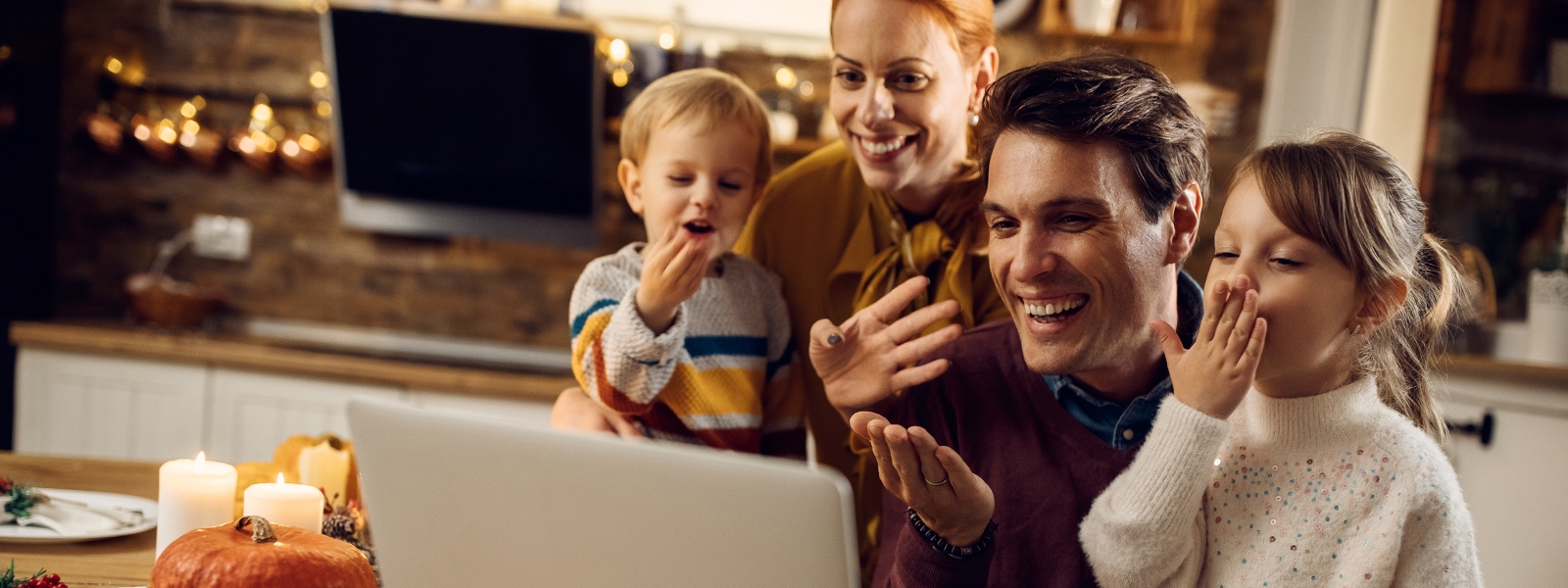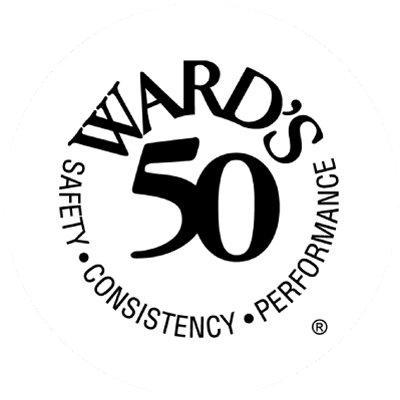For the upcoming Thanksgiving festivities, consider how your plans can be modified to reduce the spread of COVID-19.
Health experts point to household gatherings and other parties as an important factor in the rise of COVID-19 spread. Canadian health officials saw an increase in cases following the Thanksgiving festivities celebrated in that country (on October 12th this year)1, and rates in the United States grew after Halloween due to parties and other social gatherings.2 U.S. health officials predict a new surge in cases following our Thanksgiving.3
The following ways can help stop the spread of COVID-19. Remember that these recommendations are meant to be used along with your local health department’s regulations, as each community is different:
- Celebrating virtually or with members of your own household (who are consistently taking steps to reduce the spread of COVID-19) pose the lowest risk for spread. Your household is considered anyone who currently lives and shares common spaces in your house or apartment. This includes family members, roommates or people who are unrelated to you.4
- People who do not currently live in your housing unit, such as college students who are returning home from school for the holidays, should be considered part of different households and treated accordingly.
Lower Risk Activities that Can Make Thanksgiving Enjoyable:
- Have a dinner with only people who live in your immediate household, as noted above.
- Prepare traditional family recipes for family and neighbors, especially those at higher risk of severe illness from COVID-19, and deliver the items in a manner that doesn’t involve direct contact.
- Note that according to CDC, the risk of getting COVID-19 from food you cook or from handling and consuming food from restaurants and takeout or drive-thru meals is thought to be very low. Currently, there is no evidence that food is associated with spreading the virus that causes COVID-19.5
- Host a “virtual dinner” with family and friends, and share recipes.6
- Watch sporting events, parades, and movies at your home.
- Consider shopping online rather than in person, especially on the day after Thanksgiving and throughout the holiday season.
Remember, the Same Ways to Help Prevent the Spread are Still in Play:
- Stay at least 6 feet (about 2 arm lengths) away from people outside of your immediate household.
- Wear a mask in public settings, such as on public and mass transportation, and anywhere you will be around people who are not a part of your immediate household. Wash your hands often with soap and water for at least 20 seconds or use hand sanitizer that contains at least 60% alcohol.
- Make sure your household members wash their hands frequently with soap and water for 20 seconds before and after preparing, serving, and eating food and after taking out trash.
- Monitor yourself and household members for symptoms of COVID-19.
- Avoid contact with anyone who is sick.
- While in public, avoid touching your face mask, eyes, nose, and mouth.
- Get information about COVID-19 testing if you feel sick.
Sources
1, 3. https://www.washingtonpost.com/world/2020/10/27/thanksgiving-coronavirus-canada-united-states/
4, 6. https://www.cdc.gov/coronavirus/2019-ncov/daily-life-coping/holidays.html



